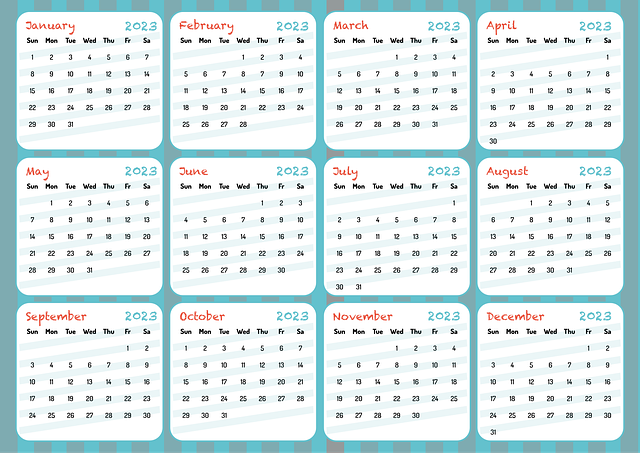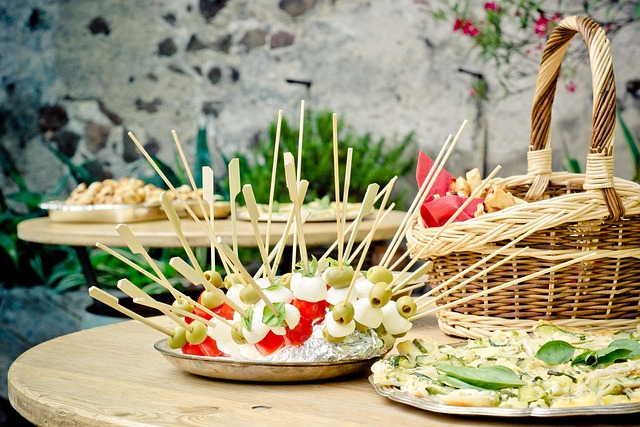Event Planning for Local Businesses thrives on understanding community needs and interests. Through surveys, focus groups, and local gatherings, organizers gain insights into demographics, aspirations, and cultural preferences. This data guides event tailoring—like farmers' markets for eco-conscious areas or arts events for artistic communities—to boost attendance and foster engagement. Collaborative events with community leaders and media outreach further enhance inclusivity, strengthening business relationships and the overall success of Event Planning for Local Businesses initiatives.
“Community outreach events, a powerful tool for engagement, require strategic planning to resonate with diverse audiences. This article delves into the art of creating meaningful experiences through event concepts tailored to local demographics and cultural richness. From identifying needs through research and surveys to collaborating with stakeholders, each step is crucial for successful execution. By integrating accessibility, inclusivity, and innovative ideas, event planners can foster connections between local businesses and their communities, leaving a lasting impact.”
- Identifying Community Needs and Interests
- – Researching local demographics and cultural events
- – Conducting surveys and focus groups to gauge community preferences
Identifying Community Needs and Interests

Identifying community needs and interests is a vital step in event planning for local businesses. By engaging with residents, business owners, and community leaders, organizers can gain valuable insights into what matters most to their target audience. This process involves conducting surveys, holding focus groups, and attending local gatherings to understand the unique challenges, aspirations, and cultural preferences of the community. Such efforts ensure that events are not only well-attended but also resonate deeply with participants, fostering a sense of belonging and engagement.
For event planners, this means tailoring activities, workshops, and entertainment to align with local interests. For instance, a farmers’ market might be a popular choice in areas focusing on sustainable living, while arts and culture events could capture the attention of communities known for their vibrant artistic scenes. Incorporating these needs into planning strategies not only attracts larger crowds but also strengthens the bond between local businesses and the community they serve.
– Researching local demographics and cultural events

When planning community outreach events for local businesses, understanding the area’s demographics is key to successful engagement. By researching age groups, cultural backgrounds, and existing event calendars, organizers can tailor activities that resonate with the target audience. For instance, a vibrant young professional demographic might appreciate interactive workshops or networking events, while older residents may favor educational seminars or traditional community gatherings. Aligning event themes and formats with local preferences fosters higher attendance and participation rates.
Additionally, integrating cultural events already celebrated in the community enhances inclusivity and strengthens business relationships. Local businesses can collaborate with community leaders and organizations to identify significant festivals, holidays, or traditions. Incorporating these elements into outreach strategies shows respect for diverse cultures and encourages broader community support. Event planners should also consider leveraging local media outlets and online platforms to promote gatherings that celebrate cultural heritage, ensuring a wider reach and stronger impact for business initiatives.
– Conducting surveys and focus groups to gauge community preferences

Before designing any outreach events, our team conducts thorough surveys and focus groups to understand the community’s unique needs and preferences. This crucial step in event planning for local businesses allows us to tailor activities that resonate with attendees. By gathering direct feedback from residents, we ensure our initiatives align with their interests, fostering genuine engagement and positive outcomes.
The insights gained from these interactive sessions guide every aspect of our outreach strategy. We identify the types of events that would appeal to different demographics, ranging from family-friendly festivals to professional networking seminars. This data-driven approach enables us to create a diverse calendar of experiences that cater to a wide range of local business owners and community members alike.
By understanding the unique needs and interests of their communities, local businesses can transform Event Planning into a powerful tool for engagement and growth. Through demographic research, cultural sensitivity, and direct community feedback, businesses can create meaningful events that foster connections and leave lasting positive impacts. This strategic approach not only enhances brand reputation but also contributes to the overall vibrancy and well-being of the local area, making it a beneficial practice for both business and community.
